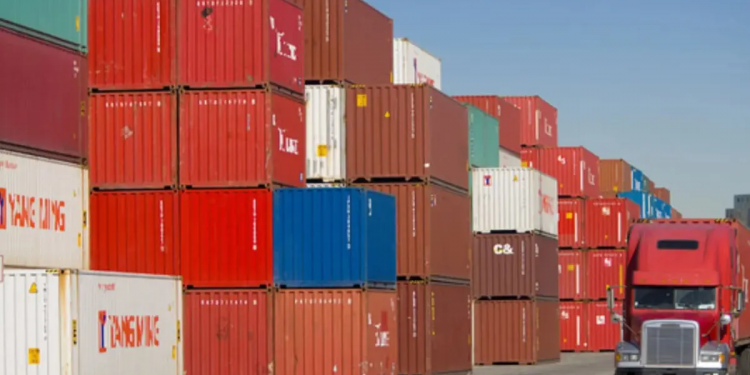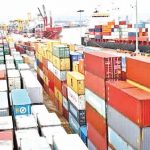Vice President Kashim Shettima highlighted Nigeria’s strong trade performance in the second quarter of 2024, crediting government trade facilitation programs for a N6.5 trillion trade balance. Speaking at the 3rd National Conference on Non-Oil Export in Abuja, Shettima reported that exports accounted for 60.89% of Nigeria’s trade, reaching N19.42 trillion. This marks a 1.31% increase from the first quarter of 2024 and a substantial 201.76% rise from the same period in 2023.
Shettima, represented by Deputy Chief of Staff Senator Ibrahim Hadejia, emphasized Nigeria’s need to reduce dependency on oil and warned against the influx of substandard imports. Citing the estimated $32 trillion global trade market in 2024, he encouraged Nigerian and African MSMEs to seize export opportunities through the African Continental Free Trade Agreement (AfCFTA).
The Vice President outlined plans to reform trade regulations to support seamless business operations, especially for MSMEs. “We intend to strengthen and reform all regulatory frameworks to facilitate trade and enhance the ease of doing business,” he said. He urged both public and private sectors to address trade challenges that could limit Nigerian entrepreneurs under AfCFTA.
Nonye Ayeni, Executive Director of the Nigerian Export Promotion Council (NEPC), highlighted a 6.7% year-on-year increase in non-oil exports, adding that the NEPC is collaborating with agencies like Nigeria Customs and the Ports Authority to streamline exports. She noted efforts to create market access, reduce export costs, and minimize logistical barriers for Nigerian exporters.
Ayeni also introduced a domestic export warehouse initiative that will serve as a centralized hub for exporters, reducing delays by offering a streamlined process where goods can be certified and transported directly to ports.
With Nigeria committed to diversifying its economy and promoting made-in-Nigeria products, Shettima affirmed the administration’s dedication to building a competitive market that integrates fully with the global economy, aiming for job creation and reduced unemployment.










